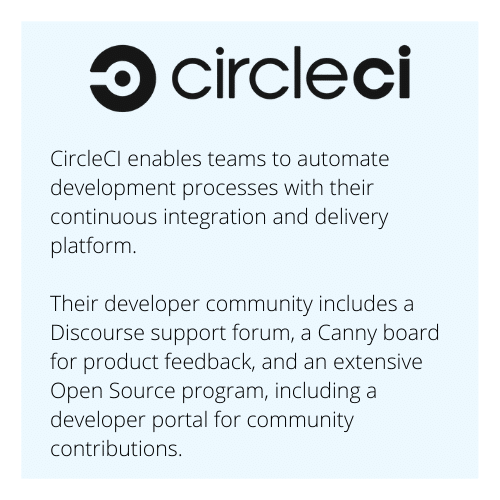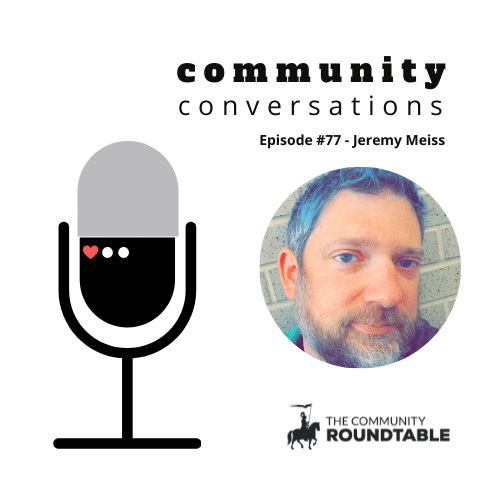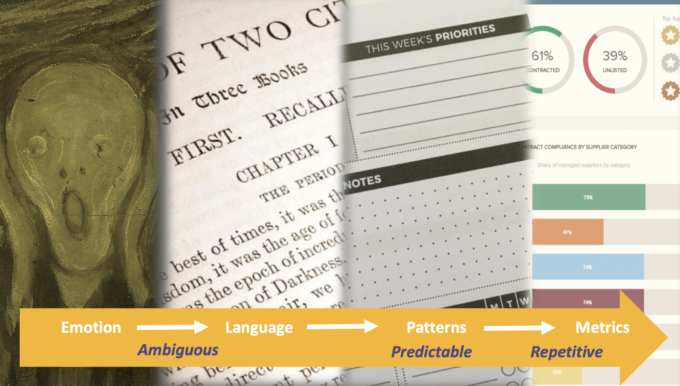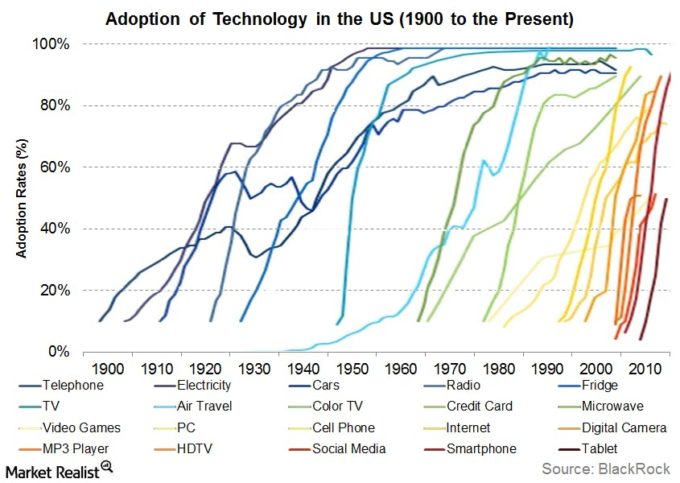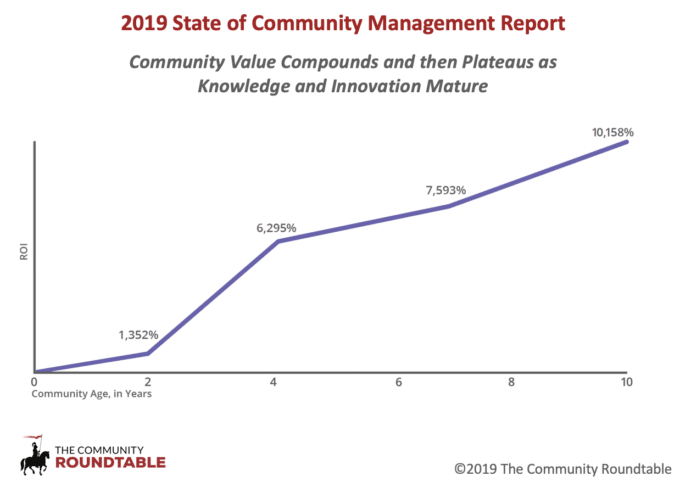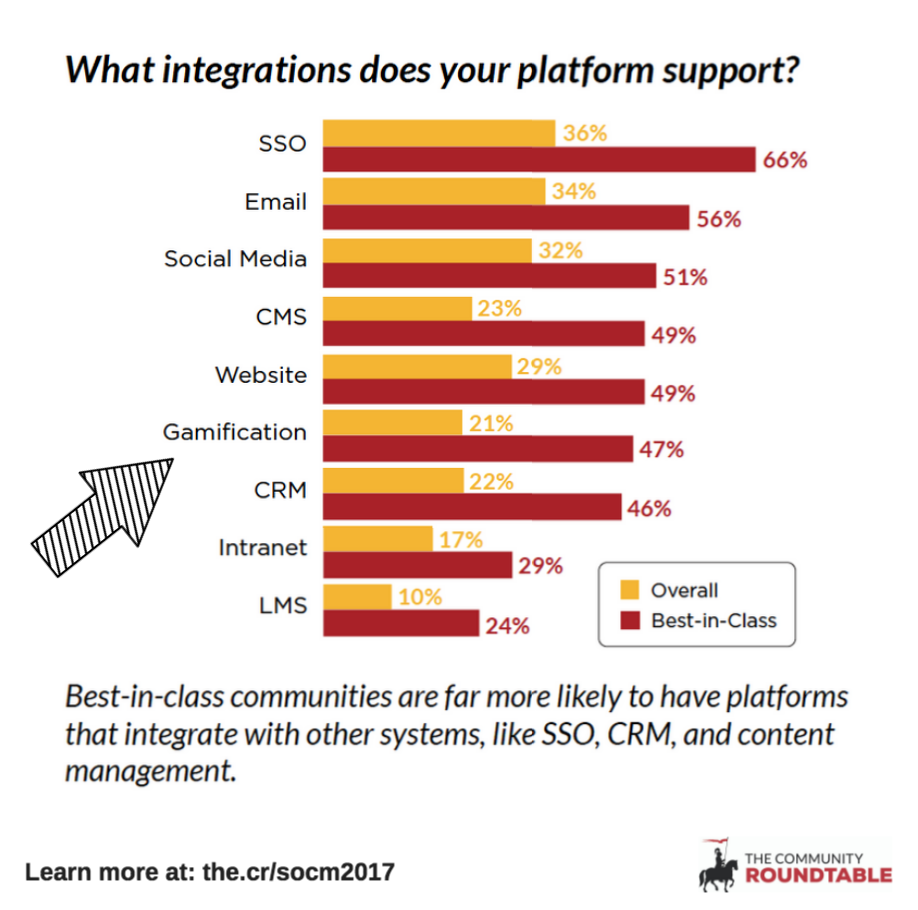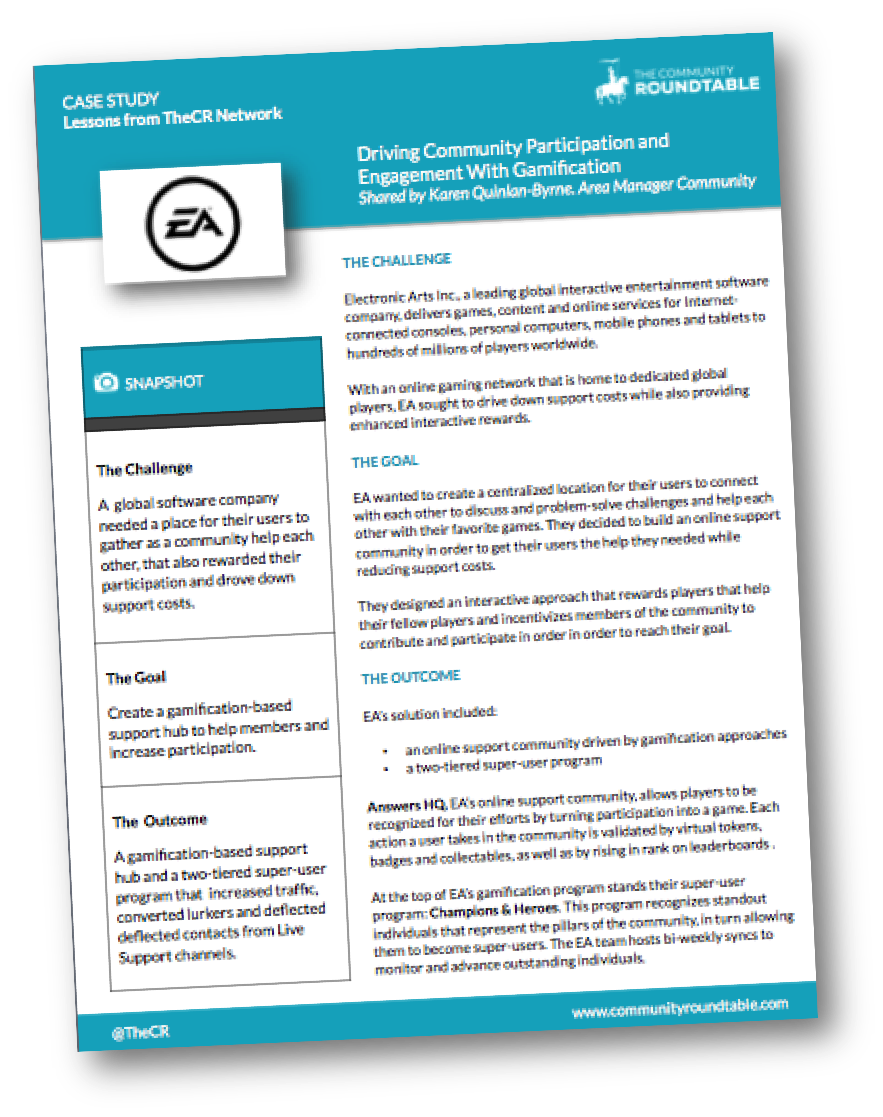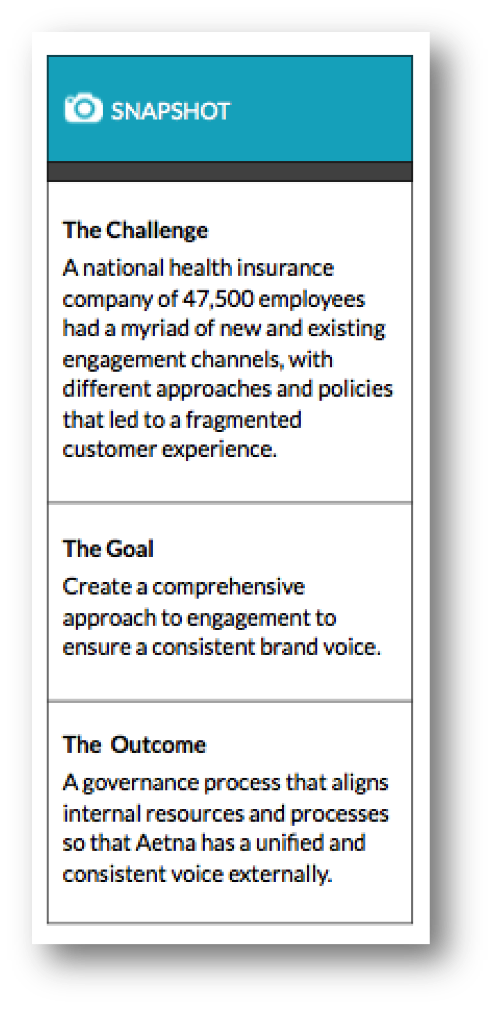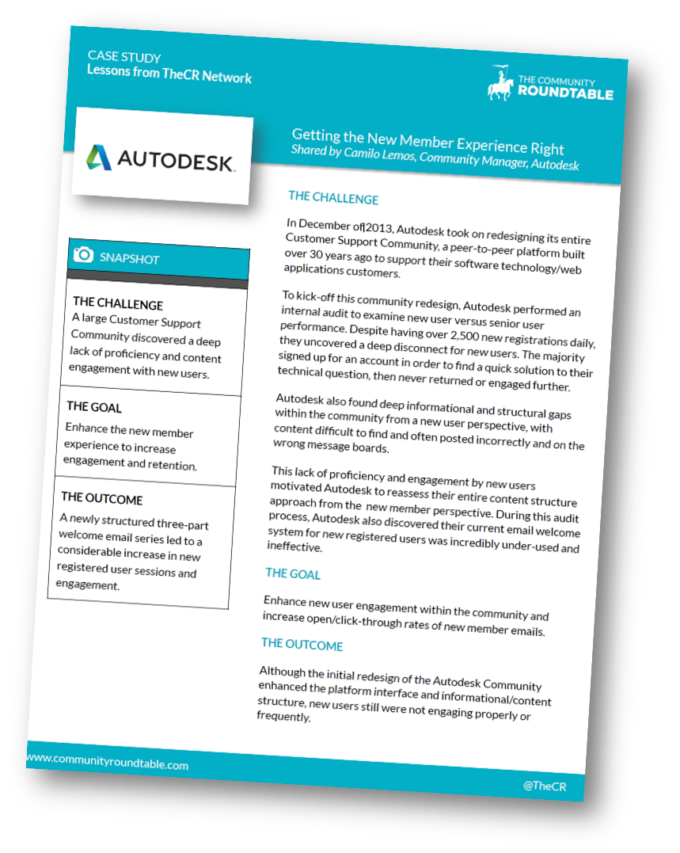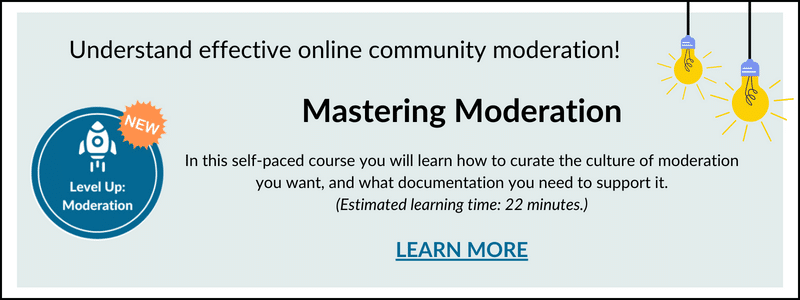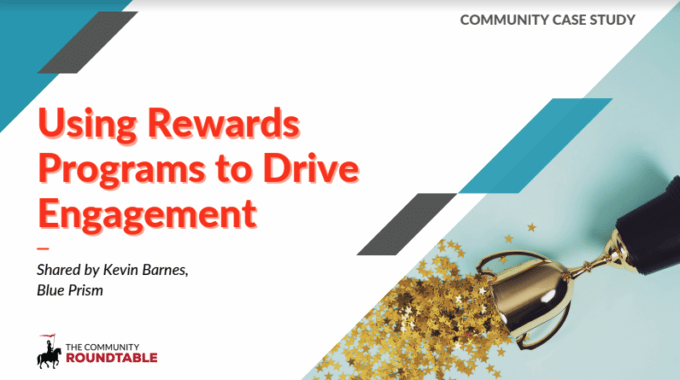
As organizations increasingly use community-led programs to connect with their customers, their online ecosystems expand. What may have started as one centralized community can extend into many brand- or solution-specific online hubs. Specialized communities can attract more engaged and enthusiastic participants, but whole ecosystem discovery can be challenging.
The Blue Prism Community is large — spread over several domains — and its users had this tendency to “stay close to home” without venturing to other areas of the Community.
Kevin Barnes, and the Blue Prism Community Team, used rewards programs to encourage a higher level of engagement from all their users which resulted in creating a more vibrant and interactive Community ecosystem.
About Blue Prism
Unifying workforces. Digital first. People enriched.
In the same way offshore workers changed the makeup of workforces 30 years ago, today Blue Prism intelligent automation is redefining the workforce and the work they do, helping customers realize the benefits of a digital first, human enriched operation. Imagine a world where people, intelligent digital workers in the form of software robots, and ever-changing systems come together seamlessly as a single, unified workforce. Businesses intelligently deploy the right workers to the right process at the right moment, around the clock. Transforming the enterprise into a carefully orchestrated, always-on machine. Easily managing unanticipated issues or circumstances. Handling workforce surges when needed throughout the year. And completely re-thinking traditional business models and job descriptions, across a connected enterprise – from operations to finance to HR to customers. All the while, businesses are creating better operational agility, productivity, competitiveness, and customer delight. They’re also creating happier people, that continue to grow and add greater value to the business. With Blue Prism, that world is here today.
Read more Community Case Studies
Interested in more online community management case studies? Learn how top community programs at organizations like Aetna, The Pragmatic Institute, Heifer International, The World Bank Group, and more use community-led programs to increase engagement, boost customer loyalty, improve the employee experience, encourage innovation, and more.
